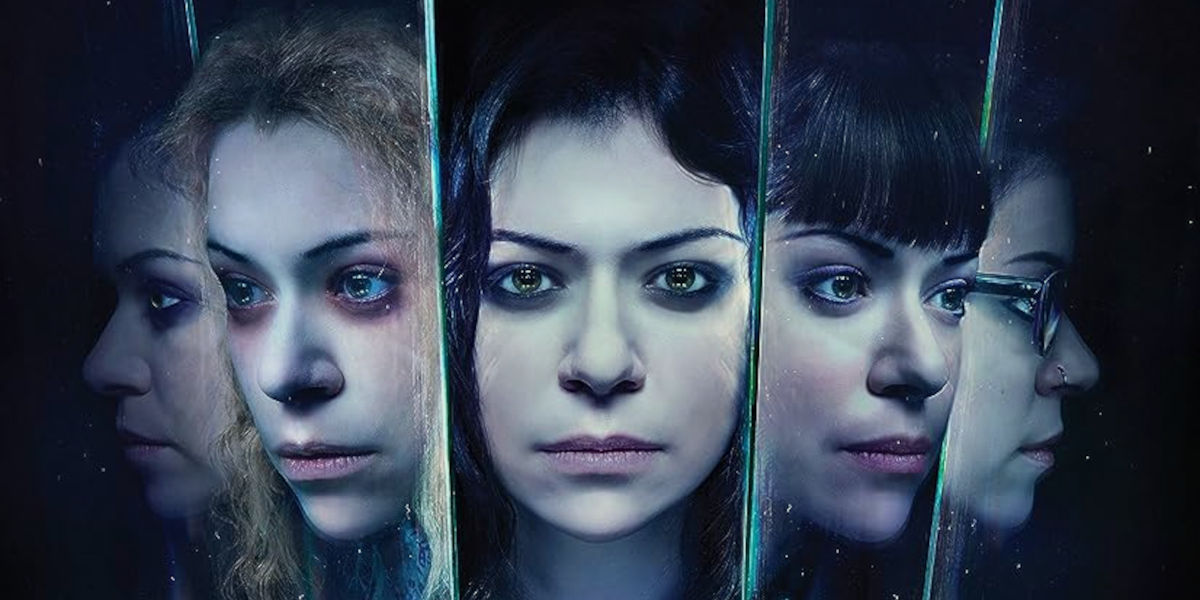If you're a fan of jaw-dropping sci-fi, high-octane suspense, and thought-provoking themes, the name 'Orphan Black' should ring more than just a bell in your mind. Known for being equally scientifically intriguing as it is dramatically compelling, Orphan Black dips its toes in the often murky, churning waters of biotechnology. This article hones a spotlight on the Orphan Black Cloning Science: assessing its accuracy while giving insight into its interpretation from a scientific perspective. A full-fledged Orphan Black Series Review is in order, but first, we'll delve deeply into its scientific underpinning.
Understanding Cloning: The Bedrock of Orphan Black
Cloning, the process of creating an exact copy of an individual organism by employing non-sexual means, lies at the heart of the Orphan Black plot. Seemingly dystopian, the series unravels a labyrinth of cloned individuals overseen by powerful corporations, pushing the boundaries of biotechnology and raising numerous ethical, moral, and most significantly, scientific queries. But the question at the forefront is: How Accurate Is the Science In Orphan Black?
While the narrative deviates and spirals into a web of drama and suspense, Orphan Black's depiction of cloning stands fairly grounded in fact - usually, this is where the dichotomy between science fact and science fiction most vehemently plunges into the fray.
Cloning in Reality and Orphan Black's Interpretation
The beginnings of cloning research unravel decades back with successful animal cloning experiments, the most famous being Dolly the sheep, cloned in 1996. While science has yet to clone a human successfully, the principle behind it, called Somatic Cell Nuclear Transfer (SCNT), is theoretically sound. Fragmented portrayals of this principle are interwoven through the Orphan Black narrative.
The SCNT process involves removing the nucleus from a mature but non-germ cell (somatic cell) and injecting it into an egg cell that has had its nucleus removed. Through stimulation, the egg cell begins to divide, eventually growing into a clone of the organism supplying the somatic cell. While the series doesn't get too technical, it does hint at similar methodologies applied in the creation of its bevy of clones.
The Grander Canvas of Bioethics
Beyond just the pure science, Orphan Black paints a broader stroke, encompassing ethical implications of human cloning. The series explores the lines and borders that human ambition is ready to cross to produce and assert control over clones. In reality, this is a topic frequently fanned by scientific and ethical debates, which lends significant realism to the show.
We will continue delving further into this discussion in the latter part of this article, considering other critical dimensions like genetic determinism and its portrayal in the series. With so much on its canvas, is it fair to judge Orphan Black as more than mere scientific fiction? Stay hooked as we further investigate 'Orphan Black Cloning Science' and whether the thematic concepts it hinges upon hold water when scrutinized under the lens of science.
The Science Behind Cloning
In the world of "Orphan Black", one thing that cannot be ignored is the complexities of the science behind cloning. Not just any regular cloning, but human cloning. In the show, we are introduced to several clones who each present their own unique personality traits and characteristics ñ a phenomenon known colloquently as multicopying.
Human multicopying, as described in the show, involves making several genetic copies of a single original host. Each newly formed clone shares the genetic code of the first, but over time, as they navigate through different environments and experiences, they develop and exhibit unique characteristics. This intricate and intricate mechanism is driven by the science behind epigenetics.
Epigenetics explores how certain lifestyle and environmental factors can switch our genes on and off. These genetic changes can affect an individual's physical characteristics, health, and even behavior. So, even though the clones may share the same genetic code, their interactions with their environment create distinct profiles.
The portrayal of epigenetics in "Orphan Black" was masterfully done. It captured the essence of this complex science and translated it into a gripping series that kept viewers hooked all the way.
Clone Progeny: Does It Work?
Another intriguing aspect of the science in "Orphan Black" is the concept of clone progeny, or the ability of a clone to reproduce. This is an area of debate in scientific communities, and while several animal clones like Dolly the sheep have successfully reproduced, human clones remain a theoretical concept.
In "Orphan Black", Sarah Manning, one of the clones, gives birth to a daughter. This is an interesting twist that takes the plot to a whole new level. It raises questions around clone fertility and, by extension, the possibility of clones creating a new generation of human beings.
Scientific Accuracy
John Fawcett and Graeme Manson, the creators of "Orphan Black", worked closely with scientific consultants to ensure the accuracy of the science in the show. Their commitment to authenticity not only made for compelling viewing but also created a platform for discussions on the implications, possibilities, and ethics of human cloning.
While many elements of the show mirror current scientific realities (animal cloning, for instance), other aspects are purely speculativeófor example, the proliferation of human clones and their integration into society. Nevertheless, the show provides a fascinating exploration of cloning, its potential impacts, its ethical implications, and its societal consequences.
Conclusion
"Orphan Black" is a science fiction show that engages with current scientific dilemmas while also exploring the unknown. Its portrayal of cloningócomplete with its ethical and social difficultiesógives viewers the chance to grapple with these issues in a fascinating, near-realistic context. It's a masterful blend of science and drama, and an invaluable platform for discussions about cloning, its possibilities, and its pitfalls.




